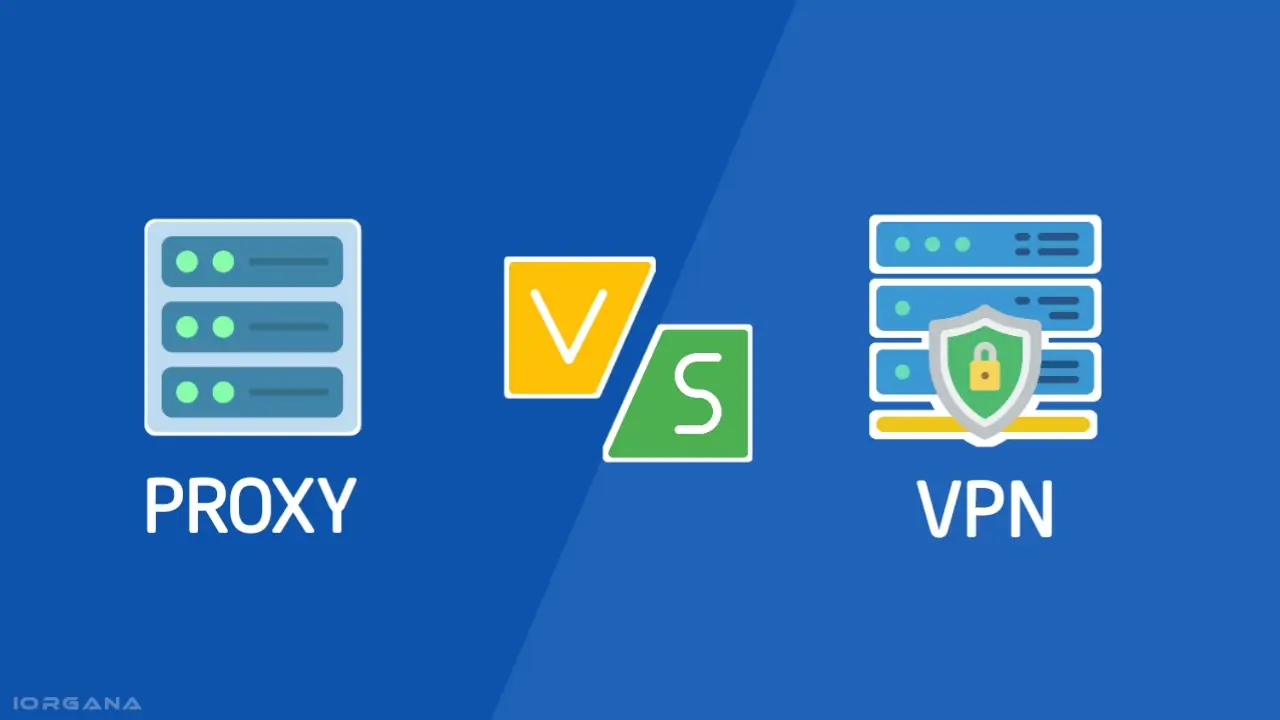Alright, let's talk about getting around those pesky geo-restrictions, the real way. You know, when you just want to watch that show everyone's raving about, but it's "not available in your region." Or maybe you need to access a website for work that's blocked where you are. We've all been there.
First off, let's get one thing straight: the internet isn't truly borderless. Sure, information zips around the globe, but where you access that information from matters. Websites and streaming services often use your IP address that unique identifier assigned to your internet connection to pinpoint your location. If they don't like what they see, they throw up a digital roadblock.
That's where proxies and VPNs come into play. Think of them as digital disguises. They mask your real IP address, making it appear as though you're browsing from somewhere else.
Proxies: The Quick Disguise
A proxy server acts as an intermediary between your device and the website you're trying to reach. When you use a proxy, your request goes through the proxy server first. The website sees the proxy's IP address, not yours. It's like sending a letter through a forwarding service; the recipient only sees the forwarding address.
- You send your request to the proxy (“Hey, can you grab this show for me?”).
- The proxy goes out, pretends to be from the allowed country, and brings back the data.
- Result: You get the content, and the website thinks the proxy’s location is yours.
But here’s the catch: Most proxies don’t encrypt your traffic. They’re great for quick geo-hopping but leave your data exposed on public Wi-Fi. That’s where VPNs come in…
Proxy Pros:
- It can be relatively quick to set up.
- It can be useful for specific tasks, like bypassing restrictions on a particular website.
Proxy Cons:
- Proxies often don't encrypt your traffic, leaving your data potentially vulnerable.
- Free proxies can be unreliable and slow.
- Also, not all proxy are made equal. quality and reliability are things that are not guaranteed with free services.
- Many services can detect that your ip address is a proxy, and simply block you anyway.
VPNs: The Full-Body Suit
A Virtual Private Network (VPN) takes it a step further. It not only masks your IP address but also encrypts your entire internet connection. This creates a secure tunnel for your data, protecting it from prying eyes.
VPN Pros:
- Strong encryption for enhanced security.
- More reliable and consistent performance.
- Protects all your internet traffic, not just specific websites.
- It's a more complete solution for those looking for secure and unrestricted internet access.
VPN Cons:
- Can sometimes be slightly slower than a proxy, though good VPNs minimize this.
- Requires dedicated software or apps.
Choosing Your Tool
So, which one's right for you? It depends on your needs:
- If you just need to bypass a simple geo-restriction for a specific website, a proxy might suffice.
- If you prioritize security and want to protect all your online activity, a VPN is the way to go.
Real-Life Example: Maria’s Travel Hack
Maria, a freelance writer, uses iorgana Nore Proxy to check hotel prices in Bali as if she’s browsing from Indonesia (saving 30%!). But when she books the trip? She switches to iorgana BiTunnel VPN to protect her credit card details on the hotel’s Wi-Fi.
Ultimately, whether you choose a proxy or a VPN, the goal is the same: to give you more control over your online experience.

